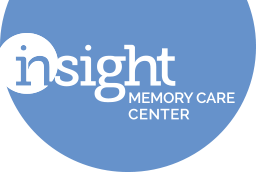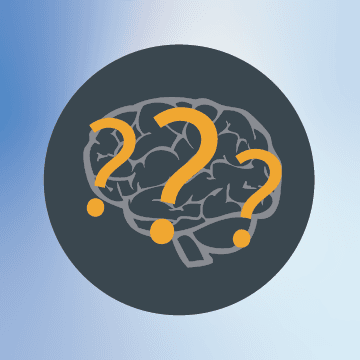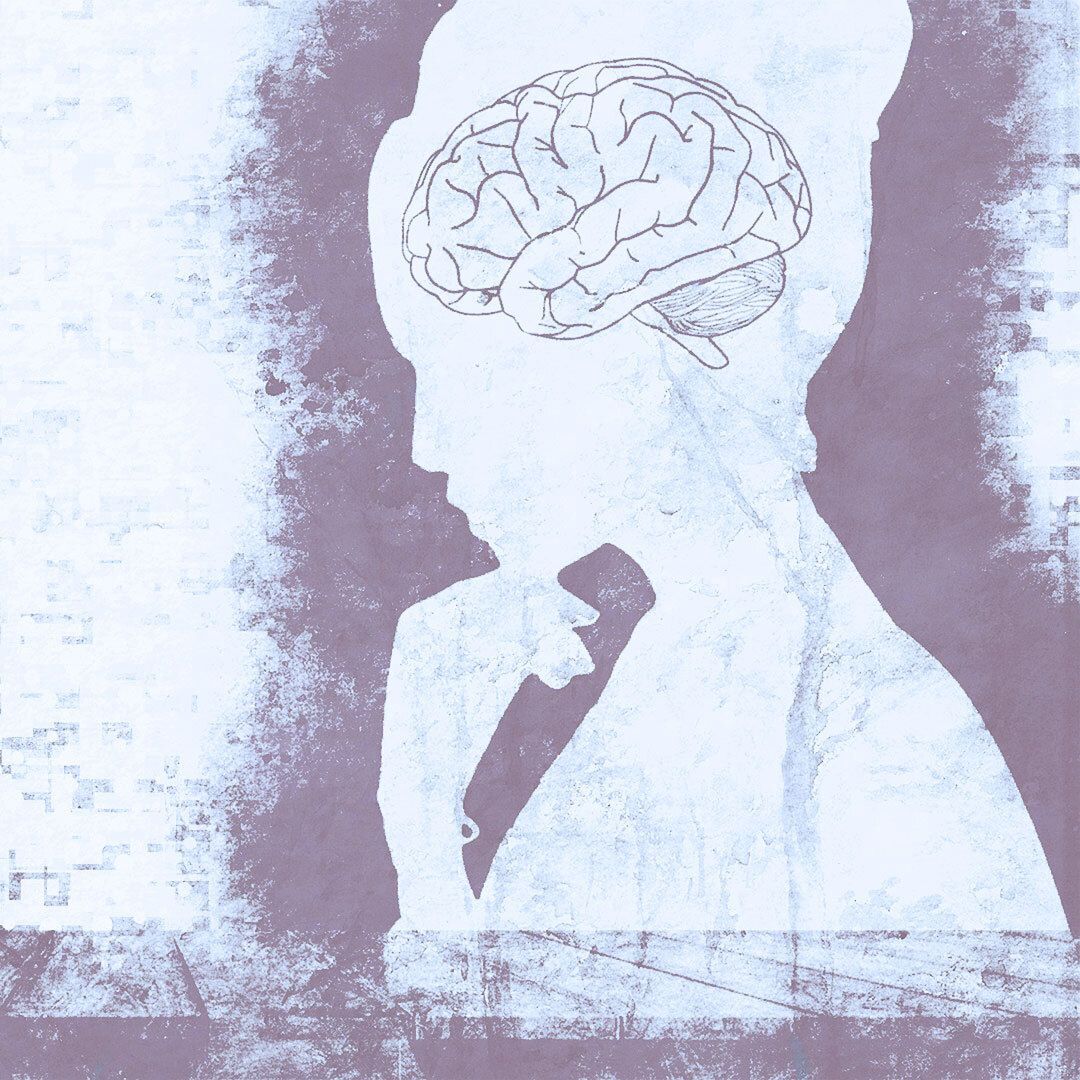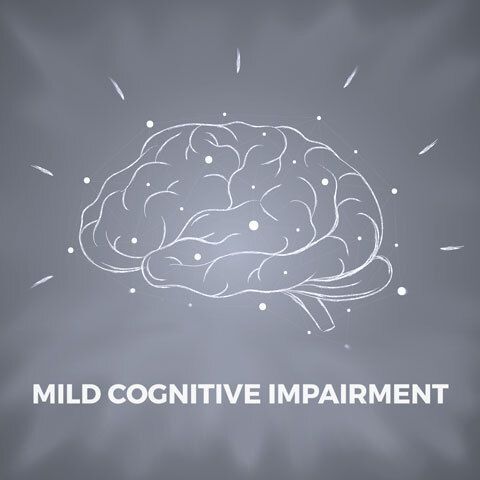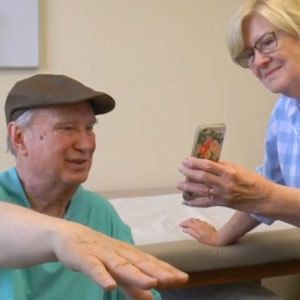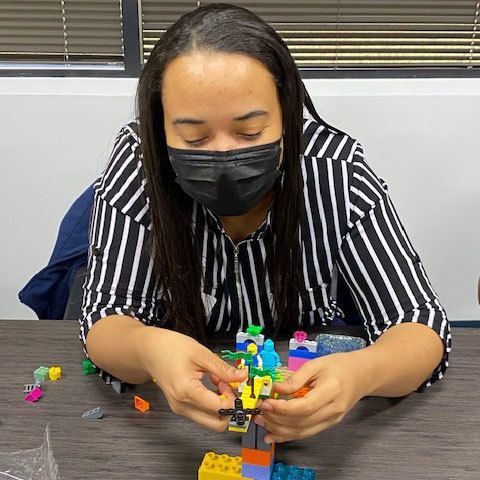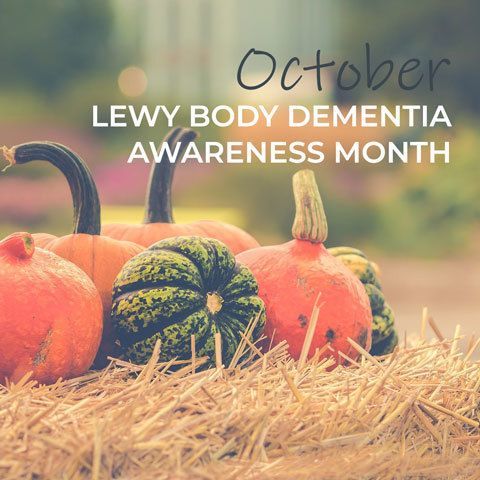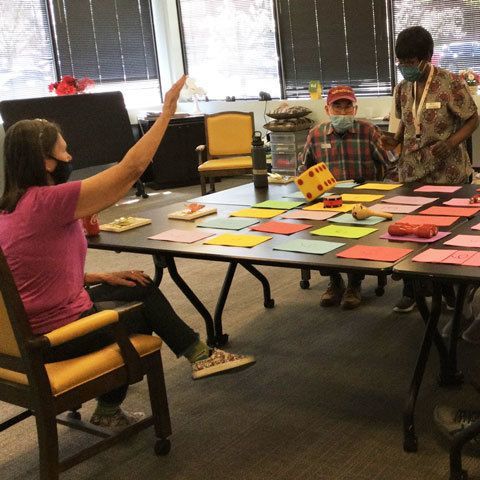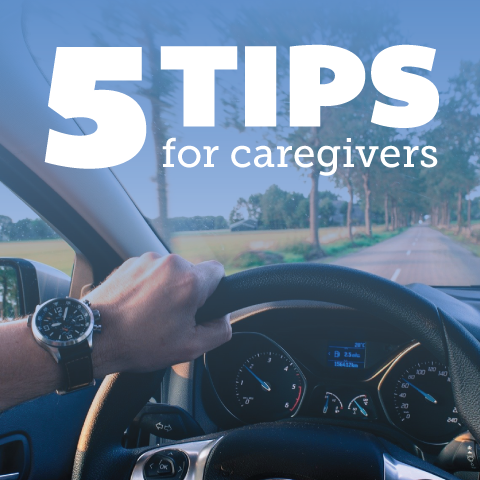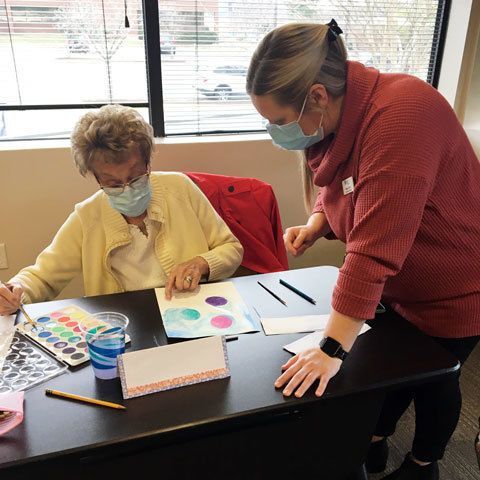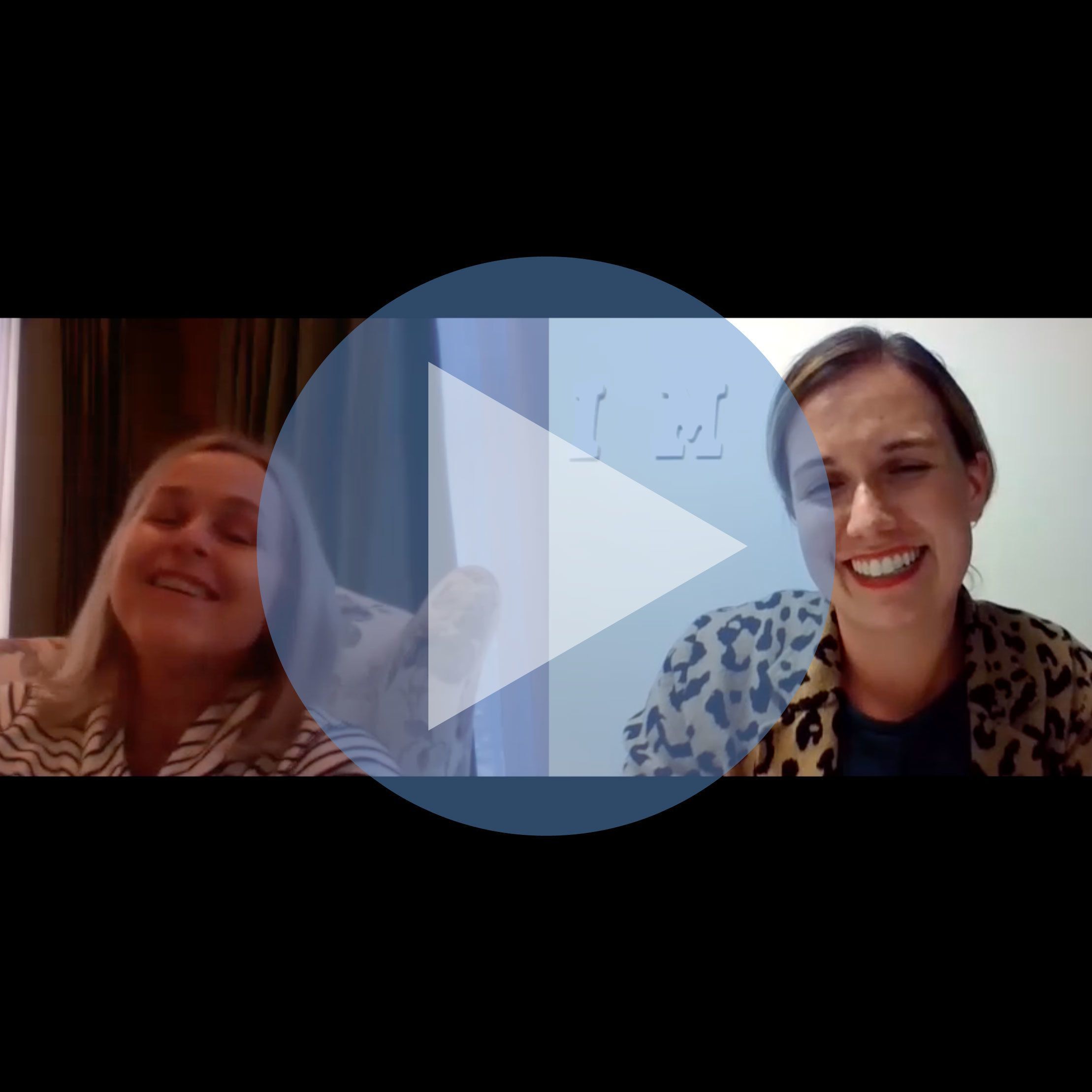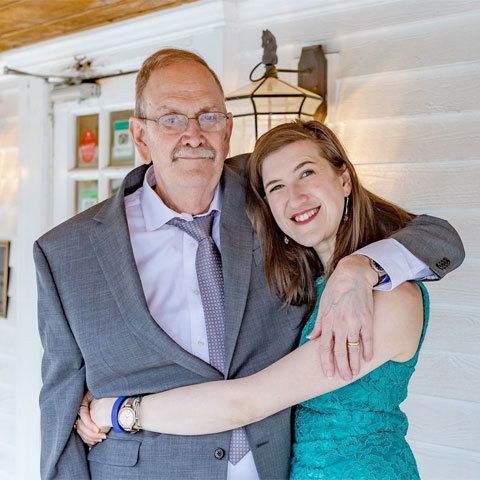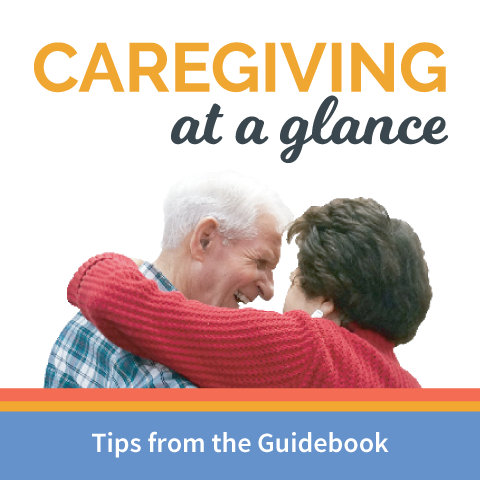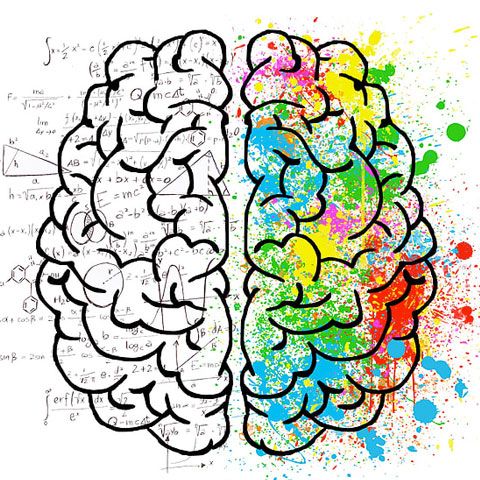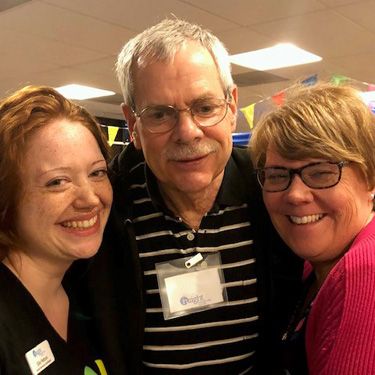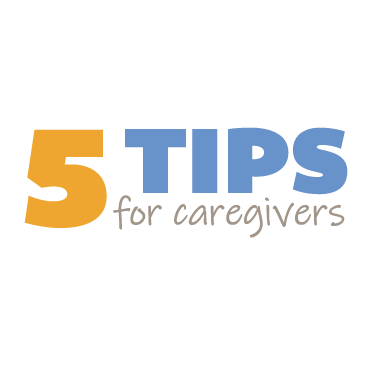Early Signs
A big part of engaging in our programs is actually getting to the programs! You are of course welcome to provide your own transportation, but we know this may not work for every family situation. Here are a few door-to-door transportation options available in Northern Virginia to get here safely.
Did you know that today is National Doctor's Day? Our doctors work hard to provide quality care for their patients,
including when they start to see changes in memory. If you're noticing changes in your memory, make your next visit easier for your doctor! Here’s what to bring, what to expect, and some questions to ask at your visit.
We all have that “hard to shop for” person in our family. You lean towards buying socks or gloves but choosing the perfect gift can be difficult or even impossible! What makes it even harder? If your loved one also has dementia. Here are some gift ideas for someone who has dementia, including options for those at the beginning to the end stages of the journey. Great gifts can provide the individual to have more autonomy and independence, or just simple joys and ways to relax. We hope these will be helpful!
If you had a disease such as Alzheimer’s affecting your brain, would you want to know? If so, when would you want to know? If not, why not? Studies show us that this is a complicated question!
Have you heard the term “mild cognitive impairment?” If not, you are not alone. A recent survey of U.S. adults found that fewer than 1 in 5 Americans are familiar with mild cognitive impairment (MCI). Mild cognitive impairment is the stage between normal aging and dementia. While some cognitive changes are expected with age, individuals with MCI are experiencing more memory or thinking problems than other adults their age.
If you’ve been noticing changes in memory, for yourself or a loved one, making that first doctor’s appointment is a daunting step. Being prepared can help ease the stress and make the most of your time! Here’s what to bring, what to expect, and some questions to ask at your visit.
The Inova Parkinson’s and Movement Disorders Center offers a variety of educational, wellness and supportive programs for patients, family and friends. In honor of Parkinson's Awareness month, they share some first steps to take upon a diagnosis of Parkinson's or a related memory disorder.
I arrived in Sterling all set for the first night and began greeting the five couples who would be participating as they arrived. Because five of the 10 participants had dementia, I hadn’t set huge goals for the evening, I really just wanted everyone to have fun. But as soon as the “practice round” of participants building a tower began I knew this group was special! They didn’t just stack the bricks on top of each other, some built towers to represent places they had visited in the past like the Burj Al Arab in Dubai and their first duty station in Greece.
Receiving a diagnosis of dementia, or having a loved one diagnosed, can cause a range of emotions, from shock to relief. But what happens next? We’ve put together a checklist of things for you, your family, and support team to consider over the next few months (or more!) as you navigate your journey.
Lewy body dementia is the second most common type of dementia, with an estimated 1.4 million Americans diagnosed. In honor of Lewy Body Dementia Awareness Month, we've put together a few resources, both at Insight and in the wider community that may benefit your family.
Receiving an Alzheimer's or dementia diagnosis is daunting enough, but navigating all the options for care can quickly become even more overwhelming. One option that many have never heard of? Adult Day Programs. While we might be a bit biased here at Insight, we believe that day centers and day programs can be the perfect happy medium for many families - support, engagement, and safety during the day, and the comforts of family and home in the evening. In honor of National Adult Day Services Week, here are a few reasons to consider a day program.
When you hear the word “driving,” what comes to mind? Speeding down the open road, convertible top down, wind in your hair, driving off into the sunset? We’d all like to think of driving as idealistic, but in reality, it’s often more like stoplights, tailgaters, brake lights, and really just a necessity for getting to work and running errands. It is this commonplace driving situation that can become the most dangerous as dementia progresses. Delayed reaction times, poor judgment, inability to stay attentive behind the wheel, and frustration can be highly problematic in the stop-and-go traffic of Northern Virginia. So when is it time to stop driving?
When you hear the hustle and bustle of our early stage program, Reconnections, starting up at 10:00 am, it’s hard to believe that it’s been a year since we slowly re-opened our center doors. Right now, we have five Reconnections groups meeting – in-person, virtually, and a hybrid summer session!
Receiving a diagnosis of dementia, or having a loved one diagnosed, can cause a range of emotions, from shock to relief. But what happens next? We’ve put together a checklist of things for you, your family, and support team to consider over the next few months (or more!) as you navigate your journey.
Do you ever wonder if a lapse in memory is something more? It’s easy to misplace your keys, forget the name of someone you just met, or make a mistake balancing your checkbook. When is it time to seek a doctor’s advice? Learn more about the 10 Warning Signs of Alzheimer’s.
Katelyn Sloan, our Director of Marketing, sat down with Debbie, who's mother has been a part of Insight's early stage Reconnections program for a little over two years to chat about the shift to virtual programs, ways it works for both her and her mom, and how the program has become "our people!"
As a 28-year-old, I’d recently graduated from grad school, and snagged my ideal job in downtown DC as the manager of a health nonprofit. While everything looked bright for my career, my love life was turning out to be more difficult. I was almost 30, still single, and still looking for my soulmate. Because my parents were older, I wanted to start a family sooner than later. That’s when my dad was diagnosed with cognitive impairment.
In the earlier stages you may have to face the “when-is-it-time-to-stop-driving?” issue. Some people with Alzheimer’s disease have good insight about what is happening to them and give up the keys when they feel unsafe or unsure. Others may not have any insight and insist that they can and should continue driving. You may be faced with the task of deciding when driving skills, judgment, and/or visual spatial perceptions have deteriorated. You will have to decide when driving puts the person with dementia and/or others at risk. Here are some tips to help with giving up the keys.
With over 5 million Americans living with dementia, chances are you know someone living with memory impairment – whether you’re aware of it or not! The stigma of dementia is still prevalent in our society, leading many to hide their diagnosis, or avoid asking the doctor in the first place. But that doesn’t mean that your neighbor may not need your help. If you’re concerned about a forgetful neighbor, here are some signs to look for.
Insight Memory Care Center offers free, confidential memory screenings and educational materials to people with concerns about their memory or who want to check their memory now for future comparison. The best part – memory screenings are now being held virtually, so you can perform this simple evaluation from the comfort of home! So who would benefit from a memory screening?
For those that have experienced the doctor’s visit that changed their lives forever – the news came with a gamut of emotions. Thoughts of uncertainty, denial, shock and/or sorrow may be recalled as well as ambiguous feelings for the future. Once the initial shock subsides and facing the realities of life with dementia become more prominent, there is often so much to learn and so much to prepare. If that weren’t enough, not only are you trying to make sense of your own thoughts and emotions from day to day; but you are also trying to be attuned with what your loved one is also experiencing. Considering all these aspects for the journey ahead, there is hope in the early stages of dementia!
Receiving any diagnosis will more than likely create some level of anxiety. However, if that diagnosis is one relating to dementia, then a unique batch of worries arises. Important questions begin to race through the mind, such as, “What’s going to happen to me?” or “Is my independence going to be taken away from me?” Insight Memory Care Center (IMCC) has a variety of programs aimed specifically at helping those with the diagnosis, and/or their loved ones, gain the knowledge and tools they need to navigate the labyrinth of dementia care.
It is this commonplace driving situation that can become the most dangerous as dementia progresses. Delayed reaction times, poor judgment, inability to stay attentive behind the wheel, and frustration can be highly problematic in the stop-and-go traffic of Northern Virginia. So when is it time to stop driving?
Blog
"I like that IMCC focuses on dementia-related problems and provides a focal point for families to network and socially interact in coping with dementia. It provides a community that helps us in our struggle."



